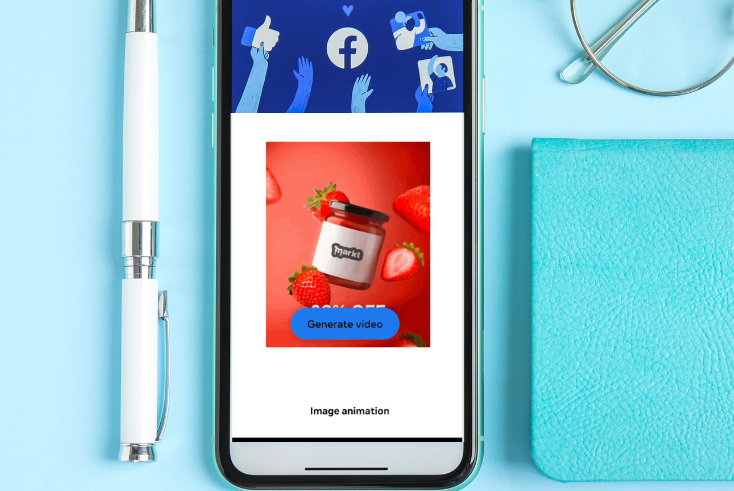Why leaders prefer hiring AI skills over relevant experience

The Media Leader Jobs, by Aoibhinn McBride
We all need to responsibly incorporate AI tools into our work practices. How do we do so without making ourselves redundant in the process?
While you may think expertly-crafted writing, a sharp eye for edits or decades of agency experience are what employers are looking for as they sift through CVs, the opposite is happening in HR departments.
That’s because the vast majority (71%) of leaders are now looking for candidates with AI skills over relevant industry experience.
This grim finding comes courtesy of Microsoft’s 2024 Annual Work Trend Index which found that company bosses in 31 countries, including the UK, said they would hire applicants with AI expertise over actual experience.
AI goldrush?
While this might suit those who are embarking on their careers and are relying on their skills doing the heavy lifting to make up for what they lack in experience, it’s possibly not the best long-term solution for media organisations.
Particularly when the use of generative AI tools to create news stories is something that continues to be hotly debated.
Case in point is the news that Google’s AI Overviews is having a significant impact on verified publisher content being given priority in search results. It’s estimated that AI-written summaries are now being offered for 17% of queries in the UK and US.
The technology, which was initially launched in May, was initially forced to backtrack after inaccurate and arguably dangerous AI-written summaries (hallucinations) were returned. For example, one summary recommended glueing cheese to a pizza base to prevent it from sliding off, or another which advised on eating rocks.
The EU has already passed AI legislation and the state of California is attempting to pass a bill for AI regulation—the first of its kind in the US—which will force companies using large AI models above a certain cost and size threshold to abide by rules and regulations. However, the UK is taking a “pro-innovation approach to regulating AI into practice” meaning AI’s scope for infiltrating working practices is essentially limitless, for now.
The future of TV ads? ITV creates two spots with generative AI
BYO(AI)
But is there a way to responsibly incorporate AI tools into our work practices to make us more efficient and productive, without making ourselves redundant in the process?
According to the most recent Slack Workforce Index, the average office worker spends 41% of their day on low-value, repetitive tasks (for example answering emails or sifting through meeting requests and managing their weekly calendars) that stand in the way of innovation and creativity.
And this is where generative AI tools come in.
If you never want to miss a meeting but don’t want to have to attend the meeting in person (or want to be able to instantly review what someone has said without asking them to repeat themselves), why not try Otter.ai.
It records and transcribes meetings in real time, can be plugged into virtual meeting platforms such as Zoom or Teams, and also provides detailed summary notes so you don’t have to trawl through the transcript to get a high-level overview.
Similarly, if formulating client presentations eats up a large chunk of your time, why not use a generative AI tool to streamline the process so you don’t get lost in a myriad of graphs, bullet points and stock images.
You can ask ChatGPT or Claude.ai to outline a presentation, adapt one you already have or even critique something you’ve created to ensure you haven’t considered all angles.
Google’s Audio Overview can create podcasts. We put it to the test
Alternatively, Beautiful.ai takes things one step further by creating slides from scratch, including graphs and charts, via text prompts.
For example, you can ask it to “create a pie chart detailing the 5 most prominent media trends of 2024” and it will deliver the results to you in seconds.
Or if your inbox tally keeps you up at night, why not use an AI tool such as Trimbox or Superhuman to help you achieve inbox zero nirvana? Doing so can reportedly save you up to four hours of your time every week.
As with all sources, you’ll need to verify that all the details output are correct and true, but there’s no disputing that generative AI undoubtedly has its uses.
Ready to put your skills to the test? Visit The Media Leader Job Board has new roles updated daily

À lire plus tard
Vous devez être inscrit pour ajouter cet article à votre liste de lecture
S'inscrire Déjà inscrit ? Connectez-vous









